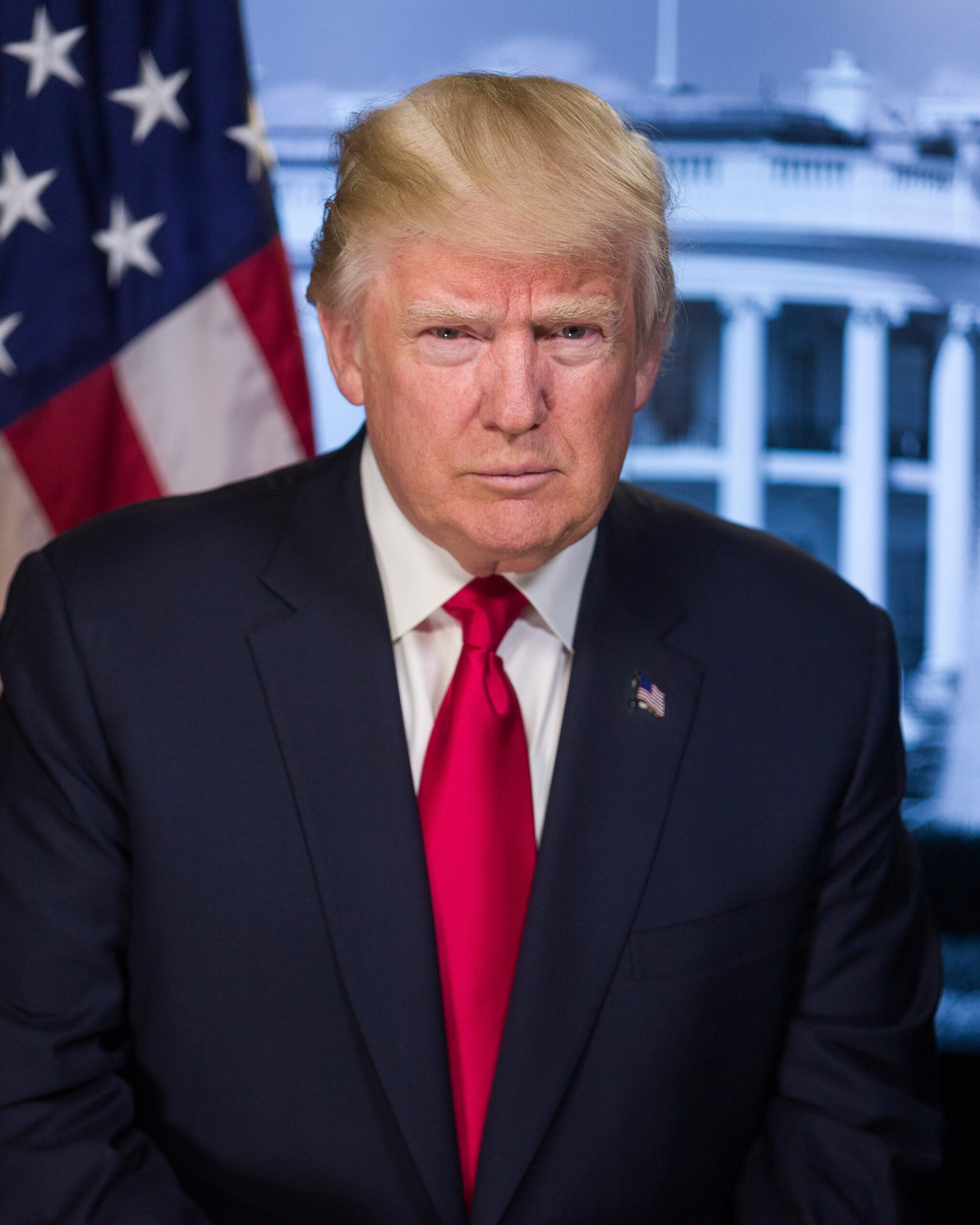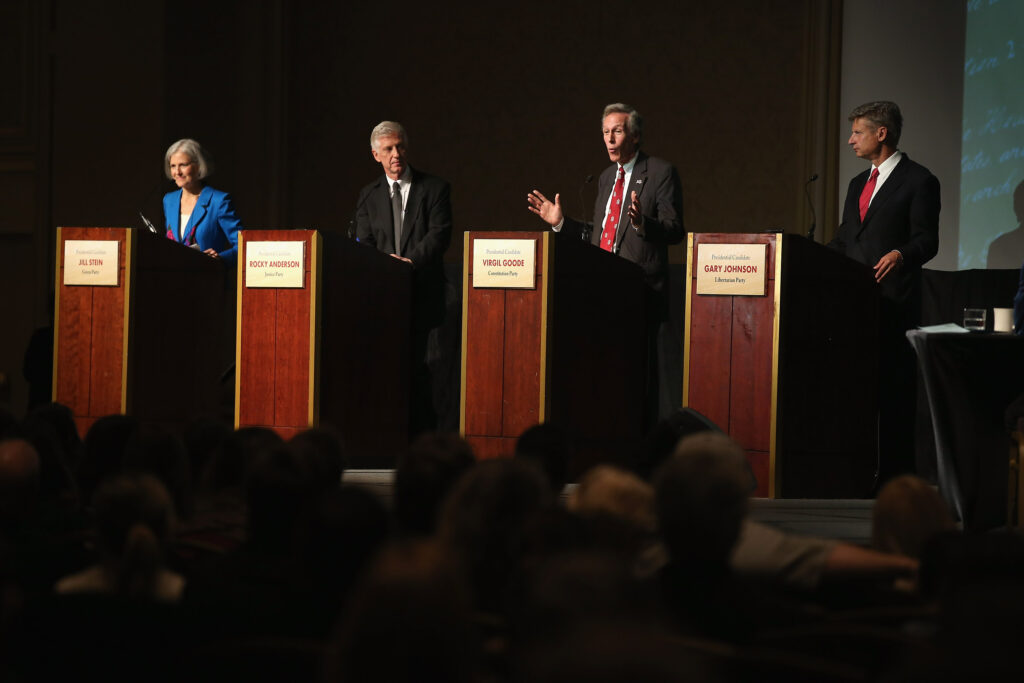When it comes to US politics, one name that has become synonymous with controversy and attention is Donald Trump. Born on June 14, 1946, in Queens, New York, Trump has had a long and eventful journey to the world of politics. From being a successful businessman to becoming the 45th President of the United States, Trump’s rise to power has been nothing short of extraordinary.
Before entering politics, Trump made a name for himself in the real estate industry. He took over his father’s company, Elizabeth Trump & Son, and renamed it The Trump Organization. With his business acumen and larger-than-life personality, Trump transformed the company into a global brand, known for its luxury properties and high-profile developments.
Trump’s foray into politics began in the 1980s when he expressed interest in running for the presidency. Although he didn’t pursue a political career at that time, his ambitions never waned. In 2015, Trump announced his candidacy for the Republican nomination for President of the United States. His campaign, marked by controversial statements and unapologetic rhetoric, struck a chord with a significant portion of the American population.
Throughout his campaign, Trump focused on key issues such as immigration, trade, and national security. He promised to build a wall along the US-Mexico border, renegotiate trade deals, and put America first. These populist messages resonated with many voters who felt disillusioned with traditional politicians and the status quo.
Trump’s unconventional campaign style and unfiltered communication on social media made him a polarizing figure. Supporters praised his authenticity and outsider status, while critics condemned his inflammatory remarks and divisive policies. Despite the controversies, Trump won the Republican nomination and went head-to-head with Democratic candidate Hillary Clinton in the 2016 presidential election.
The election campaign was one of the most contentious and closely watched in recent history. Trump’s victory came as a surprise to many, defying poll predictions and conventional wisdom. On January 20, 2017, he was inaugurated as the 45th President of the United States.
As President, Trump implemented a range of policies that reshaped the political landscape. He focused on deregulation, tax cuts, and immigration reform. Trump also took a hardline stance on international trade, imposing tariffs on several countries and renegotiating trade agreements such as NAFTA.
However, Trump’s presidency was not without its share of controversies and challenges. From the ongoing investigations into Russian interference in the 2016 election to the impeachment proceedings, Trump’s time in office was marked by constant scrutiny and political turmoil.
Despite the criticism, Trump maintained a strong support base throughout his presidency. His supporters praised his efforts to stimulate the economy, appoint conservative judges, and prioritize American interests in global affairs. They saw him as a disruptor who challenged the political establishment and fought for the interests of ordinary Americans.
On November 3, 2020, Trump ran for re-election against Democratic candidate Joe Biden. The election, held amid a global pandemic and widespread civil unrest, saw record voter turnout and intense polarization. After a closely contested race, Biden emerged as the winner and was inaugurated as the 46th President of the United States on January 20, 2021.
Today, Donald Trump remains a prominent figure in American politics. His influence and legacy continue to shape the political landscape, and his future plans are a subject of speculation and debate.




Perfect explaination.